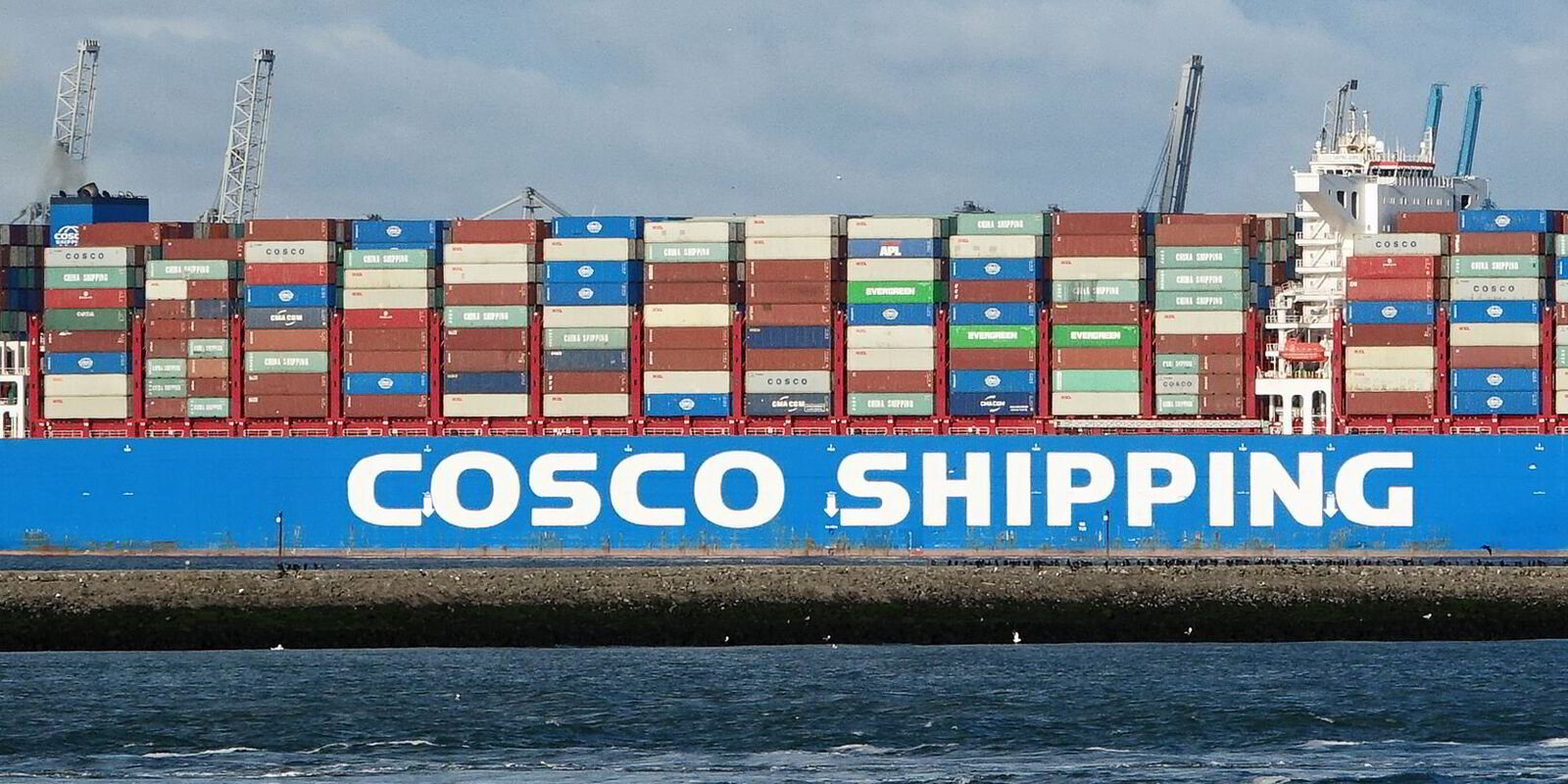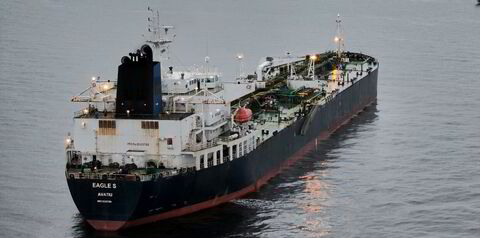China has become the undisputed leader among the world’s shipowning nations, according to data from VesselsValue.
Senior analyst Rebecca Galanopoulos said China was already top in terms of vessel numbers, but it has now leapfrogged Japan to control the most valuable fleet as well at $255bn.
She also highlighted Switzerland’s “notable entry” in the top 10 at $68bn, illustrating significant transformations in asset values and ownership dynamics over the past year.
“The fact that China owns the most valuable bulker and container fleets at $68.4bn and $63.5bn, respectively, has contributed to their leading status, particularly as values for both sectors have firmed over the last year,” she said.
“This is due to improving market fundamentals which have come about as a result of the crisis in the Red Sea, increasing tonne-mile demand for most sectors as vessels reroute around the Cape of Good Hope to avoid hostilities.”
Galanopoulos gave the example of 20-year-old capesizes, which are now worth 27% more than at this point last year, at $17.6m.
Similarly aged boxships of 1,750 teu have soared by an unprecedented 172% in 12 months, from $5.97m to $16.23m, VesselsValue has calculated.
China also owns the most tankers, with a fleet of 1,764 vessels worth $47.9bn.
In second place, Japan’s total fleet value actually increased from $206.3bn to $231.3bn at the beginning of 2025.
Significant investment has taken place in the bulker sector. Almost 60 vessels were added to the fleet, and the firming in values for this sector would have contributed to the overall fleet value.
To put things in perspective, values for bulkers hovered around 15-year highs throughout 2024.
Japan owns the largest fleets in terms of value and size for the LNG sector, LPG vessels, reefers and vehicle carriers.
Greece came in third overall with a total of $188bn.
While China owns more tankers, the value of the Greek tanker fleet is considerably higher at $71.3bn, surpassing its rival by $23.3bn.
“Over the last few years, various geopolitical circumstances, such as the conflict in the Red Sea area and the ongoing Russian sanctions, have resulted in a boost to tonne-mile demand,” Galanopoulos explained.
This increase has supported earnings and consequently values for tankers, which remained at high levels throughout the year.
For example, values for 10-year-old LR1s of 75,000 dwt hit a 15-year high at the end of 2024, rising from $38.27m to $43.85m, an increase of nearly 15%.
Switzerland’s growth driven by MSC
The US came next on the list, then Singapore, South Korea, the UK and Norway.
And Switzerland has re-entered the top 10 this year with a fleet value of $68bn, largely due to the firming of container ship values as market sentiment improved, alongside continued investment from MSC Mediterranean Shipping Co.
In 2024, MSC continued its spending spree of the past few years, adding 63 secondhand vessels to its fleet, mainly in the container sector, plus an “astonishing” 64 new orders, which included a combination of ultra-large boxships and panamaxes, Galanopoulos said.
Germany rounds out the list at number 10, with a fleet of $59bn.
For the second consecutive year, its global ranking decline, dropping from ninth last year.
Traditionally, a significant portion of the German fleet has consisted of container vessels (German owners rank second in terms of the number of these ships).
However, in monetary terms, its box fleet ranks only fifth with a value of $27.7bn.
This is still a considerable uptick from a year ago, when it was assessed at $17.8bn.






